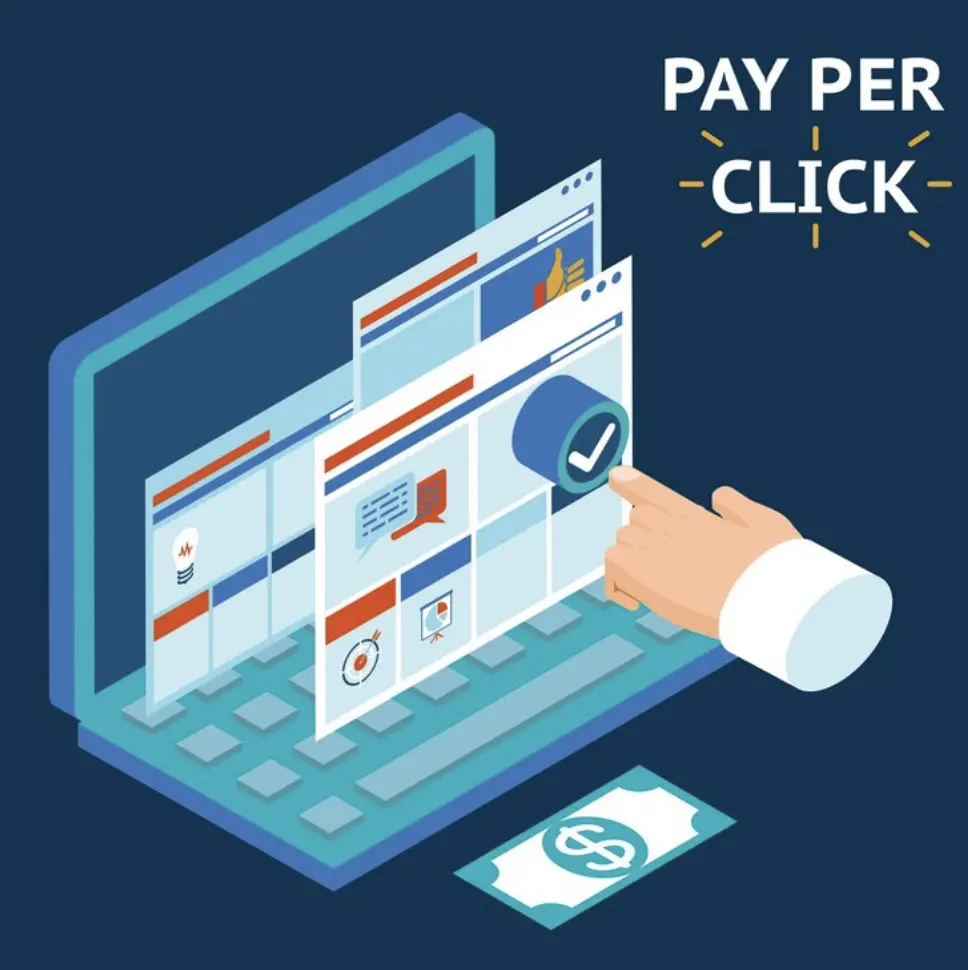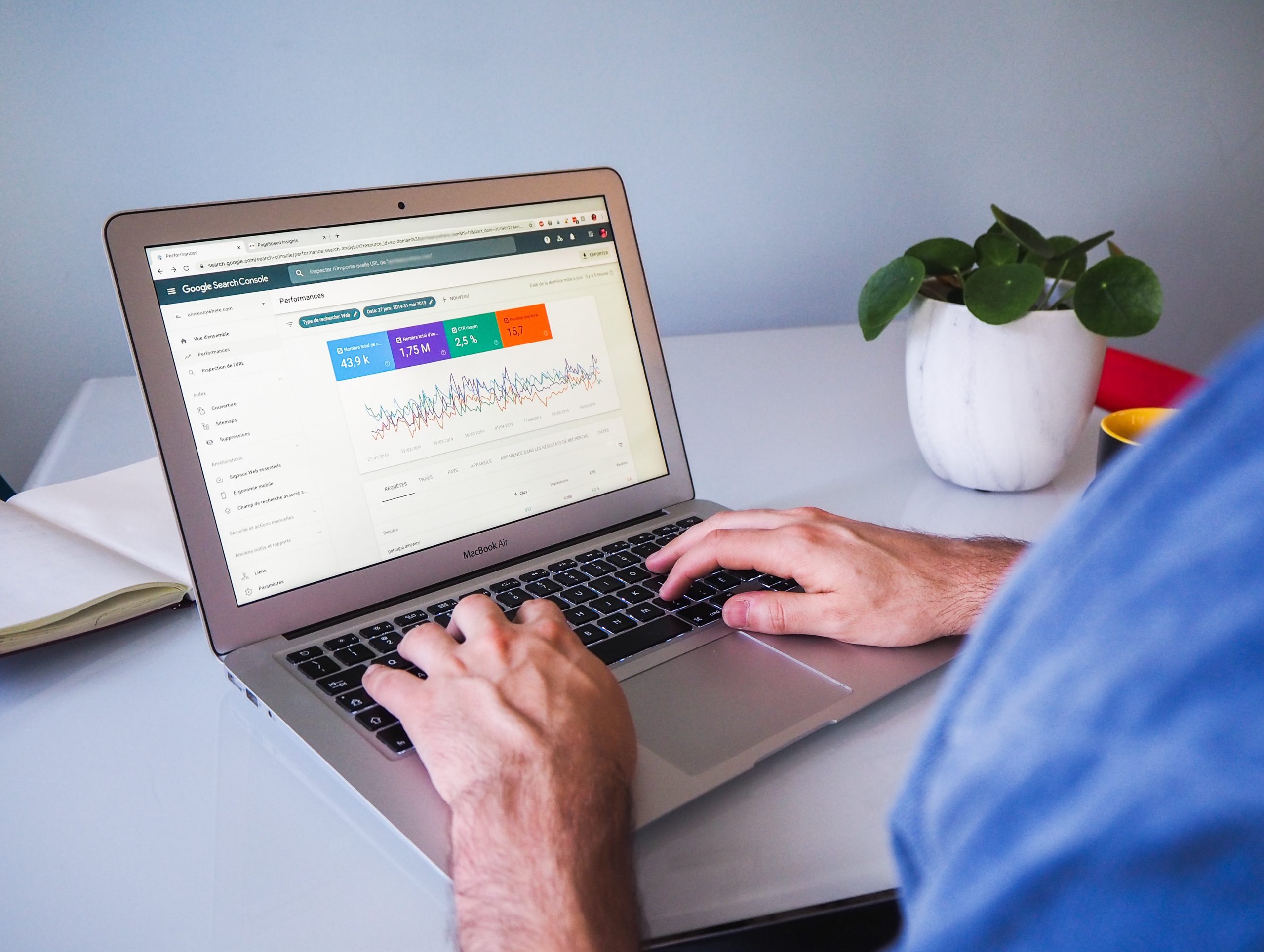In today’s competitive digital landscape, businesses are constantly seeking ways to boost their online presence and improve ROI (Return on Investment). One powerful way to achieve this is by combining two key strategies: SEO (Search Engine Optimization) and PPC (Pay-Per-Click) advertising. These strategies, though distinct, can complement each other, working together to create a holistic approach to online marketing that drives results.
When executed correctly, this integration can significantly amplify the success of both organic and paid efforts. Leveraging the strengths of each can not only increase visibility but also improve conversions. Whether you’re working with an SEO services company or managing campaigns in-house, understanding how to effectively combine these two strategies is key.

The Basics: Understanding SEO and PPC
What is SEO?
SEO, or Search Engine Optimization, refers to the process of optimizing a website to rank higher in search engine results pages (SERPs) for specific keywords. This involves a variety of tactics, such as keyword research, content optimization, backlink building, and technical SEO improvements.
The goal of SEO is to drive organic (non-paid) traffic to your site, making it a long-term investment. While results may take time, they often yield sustained visibility over time.
What is PPC?
PPC, or Pay-Per-Click advertising, is a paid digital marketing strategy where advertisers pay a fee each time their ad is clicked. Google Ads is one of the most common PPC platforms, but social media platforms like Facebook and Instagram also offer PPC options.
PPC is a quick way to drive targeted traffic to a website. With the right budget and targeting, ads can appear at the top of search engine results instantly. However, PPC requires constant management and investment to maintain results.
How SEO and PPC Work Together
Leveraging SEO Insights to Improve PPC Campaigns
SEO provides valuable data on which keywords perform best, offering insights that can be directly applied to PPC campaigns. When businesses invest in SEO, they gain an understanding of the search terms driving organic traffic. These insights can inform PPC keyword strategies, helping advertisers bid on the most relevant and profitable keywords.
For instance, if you notice that certain keywords are bringing in high-converting organic traffic, you can create PPC ads targeting these specific terms. This ensures that your ads reach people who are already showing interest in your products or services, increasing the chances of conversion.
Additionally, SEO helps you discover negative keywords—terms that you don’t want your ads to show up for—thereby saving money on irrelevant clicks.

Using PPC Data to Enhance SEO Strategy
The relationship between SEO and PPC is not one-sided. PPC can also inform SEO strategies. PPC campaigns provide immediate results and data on which ads and keywords are performing best. You can leverage this information to guide your SEO efforts.
For example, if a specific ad or keyword generates a high click-through rate (CTR) and conversions, you may want to prioritize those keywords in your organic content strategy. You can focus on optimizing content around high-performing paid search terms, building blog posts, landing pages, and product descriptions that target these profitable keywords.
PPC data can also highlight gaps in your SEO strategy. If certain high-performing paid keywords have little organic presence, it’s a sign that you should focus more SEO efforts on those areas.
Maximizing Visibility and Click-Through Rates
Dominating the SERPs with SEO and PPC
When you use both SEO and PPC together, you increase the likelihood of dominating the search engine results page (SERP). This is because your website can appear both in the organic search results through SEO and in the paid ads section with PPC.
By owning more real estate on the SERP, you increase your brand’s visibility. Even if a user doesn’t click on your ad but sees your organic listing, or vice versa, the brand exposure builds trust and increases the likelihood of future clicks. This creates a synergy where SEO and PPC reinforce one another.
Boosting CTR and Conversions
Having both an organic and paid presence for the same search terms also boosts credibility. Users are more likely to click when they see a brand in both the ad space and the organic listings, as it signals authority and relevance.
In addition to increased visibility, you’re likely to see an improvement in click-through rates (CTR) and conversions. A study from Google shows that when a site has both a paid ad and an organic listing, the likelihood of clicks on either result increases significantly. This is because users are more likely to trust a brand that appears in multiple places within the search results.
I’m Liam Thompson, a digital marketing expert specializing in SEO and content strategy. Writing about the latest trends in online marketing is my passion.
